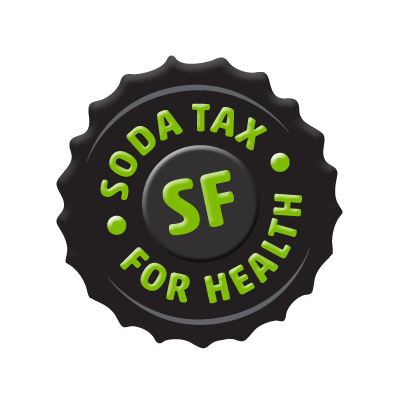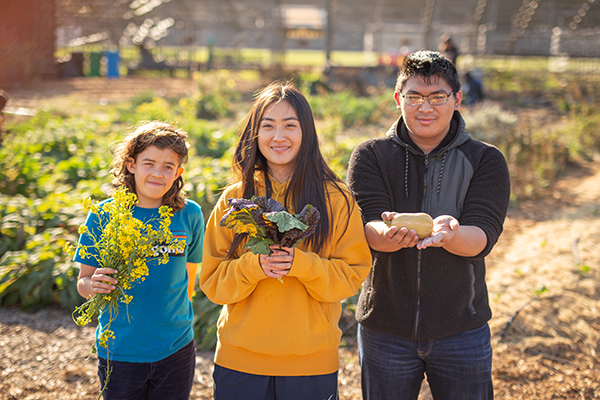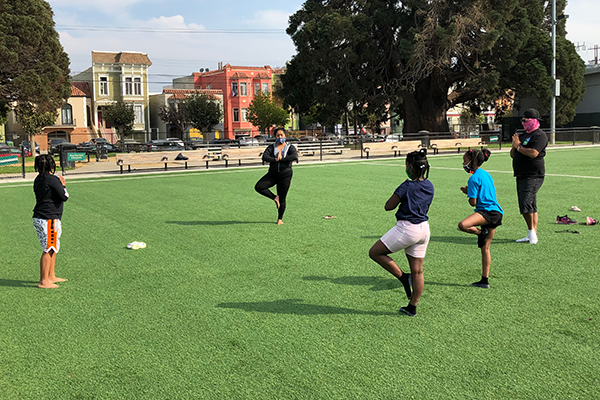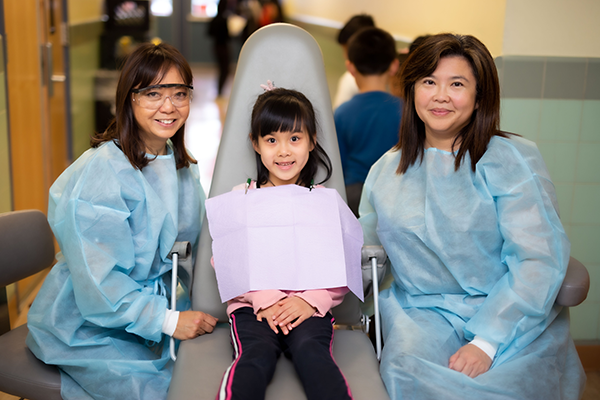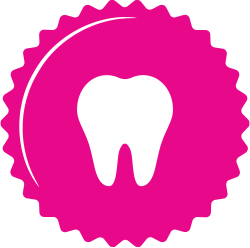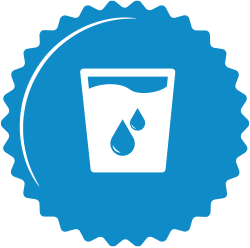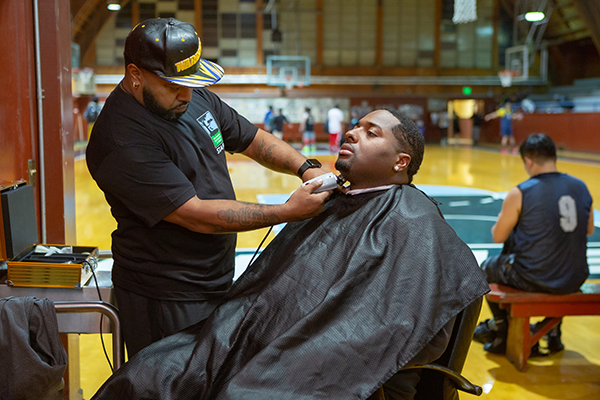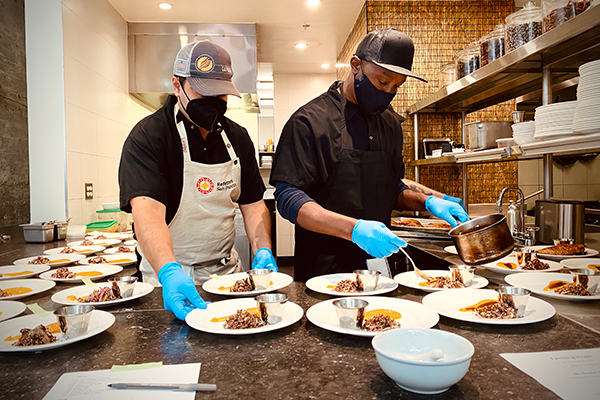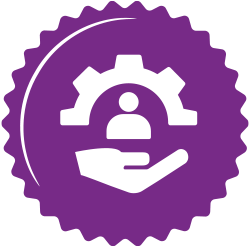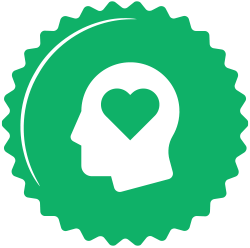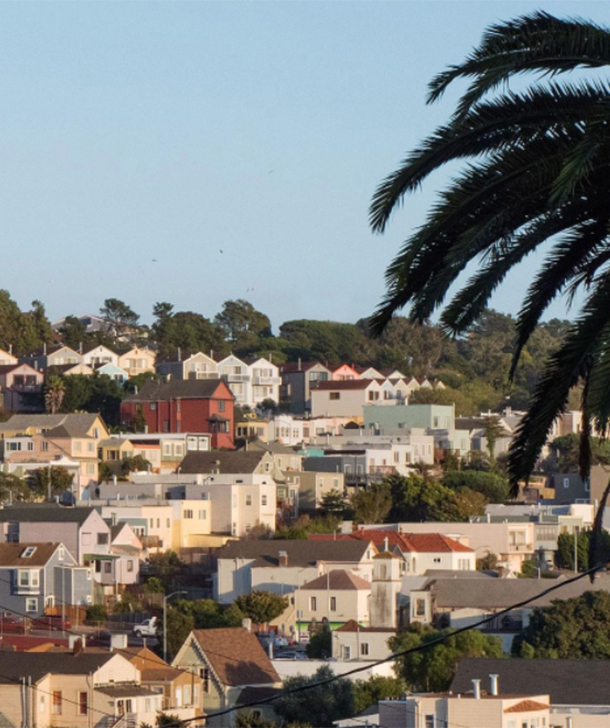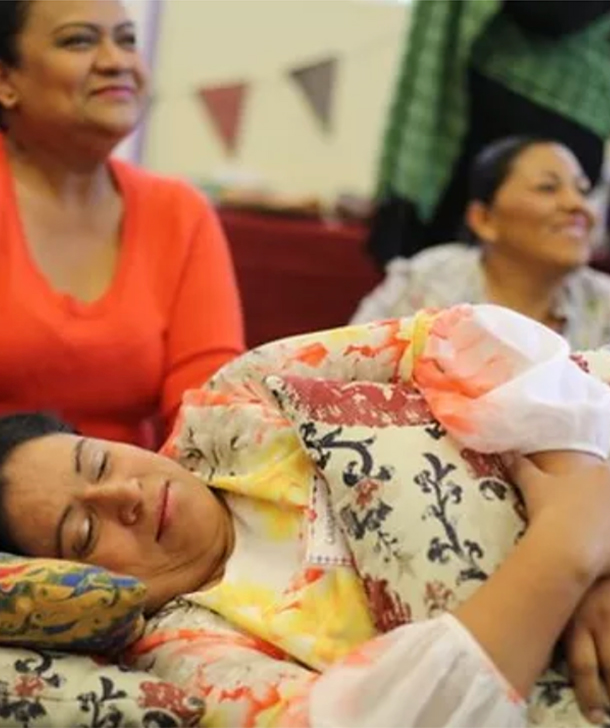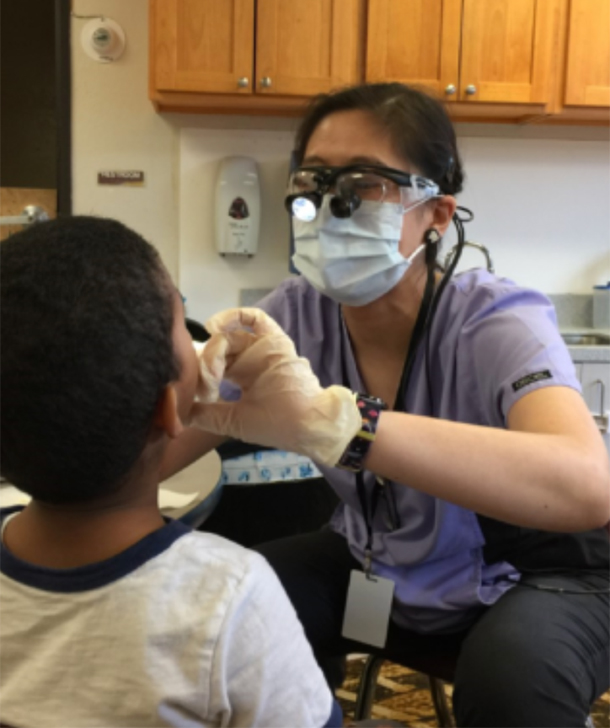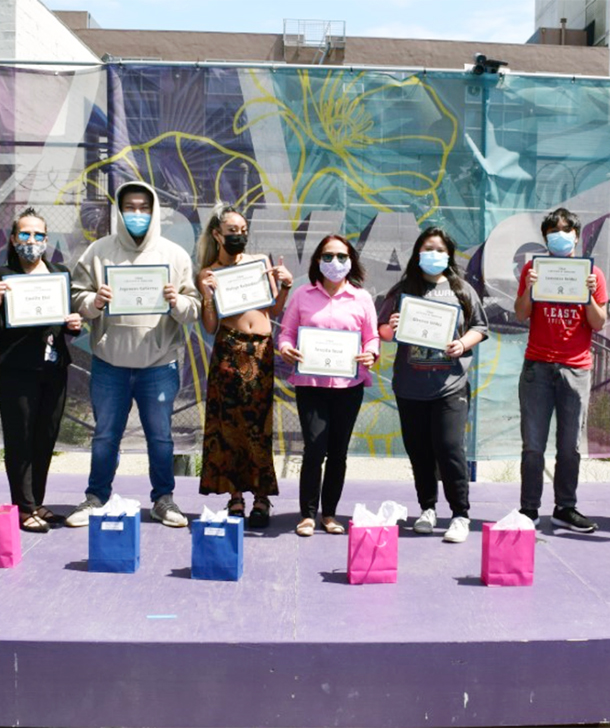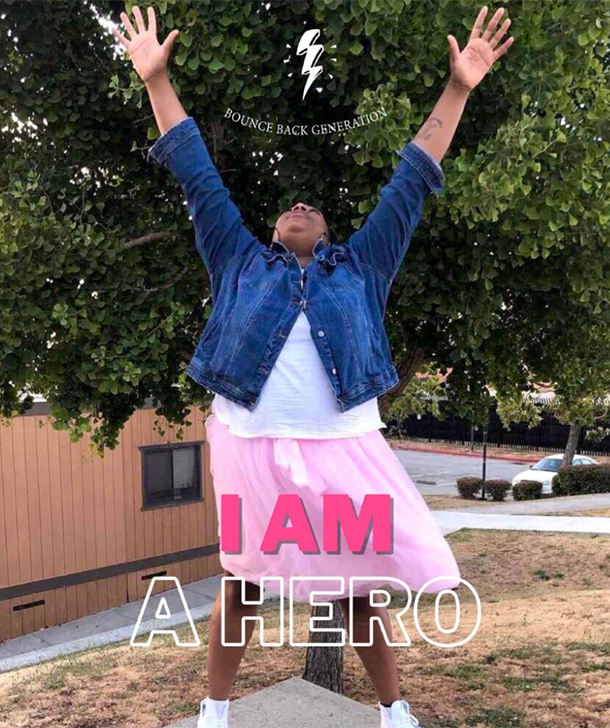About Our
Programs
Soda tax funded programs were selected based on priorities set by the Sugary Drinks Distributor Tax Advisory Committee. Those priorities were intended to support community capacity and self determination while also decreasing chronic diseases like diabetes and heart disease. Browse through these categories to see the innovative programs that integrate healthy habits with workforce development and community building. Funded organizations did even more lifesaving work during COVID-19, pivoting to provide healthy, free food and creating virtual classes and community spaces.
NUTRITION SECURITY
includes multiple types of programs: food security (providing free or subsidized healthy food); food access (increasing availability of healthy food); healthy retail (supporting existing corner stores to stock fresh produce); urban agriculture (growing food); and nutrition education.
